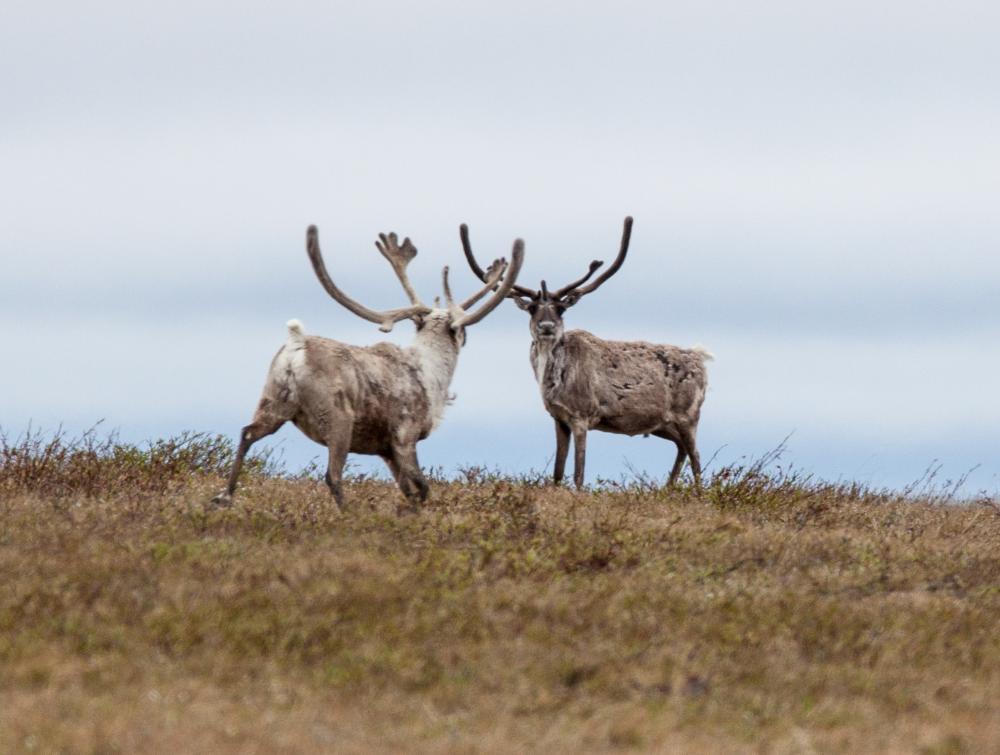Press Release
New CRA attacks Western Arctic plans, rejects public input

The Naval Petroleum Reserves Production Act of 1976 requires the BLM to balance oil and gas development with the protection of fish and wildlife, subsistence, recreational, and other values.
Bob Wick / BLM
Begich introduces NPR-A resolution after spearheading rollback of Central Yukon RMP
Rep. Nick Begich and Sen. Dan Sullivan of Alaska today filed resolutions of disapproval under the Congressional Review Act with the intent of scrapping plans that govern management in part of the Western Arctic known as the National Petroleum Reserve-Alaska.
If passed, the resolutions would nullify the National Petroleum Reserve in Alaska Integrated Activity Plan (IAP) Record of Decision, a balanced and science-based plan issued by the federal Bureau of Land Management in 2022 that increased protections for "Special Areas,”-- critical to wildlife and subsistence hunters -- informed by years’ worth of public meetings, input and analysis.
The House recently used CRA resolutions in an attempt to roll back three BLM Resource Management plans, an unprecedented step that experts say could have far-reaching consequences for public lands. Similar to those uses of the CRA, the new NPR-A resolutions illustrate how members of Congress are moving to recklessly and arbitrarily nullify agency decisions that were informed by extensive local input and deliberation.
Matt Jackson, Alaska senior director for The Wilderness Society, made the following statement about the news:
“With these resolutions, congressional Republicans are speeding down the slippery slope of using the CRA to cancel land-use plans. Rolling back the Integrated Activity Plan would mean D.C. lawmakers are haphazardly throwing out the careful input of Tribes and other local communities, scientists and even industry interests so they can make their own top-down decisions instead.
“This approach erases community voices and ignores the role of Alaskans and the rest of America in shaping the future management of our public lands for future generations, Jackson added.”
Join the movement
to save our wildlands
